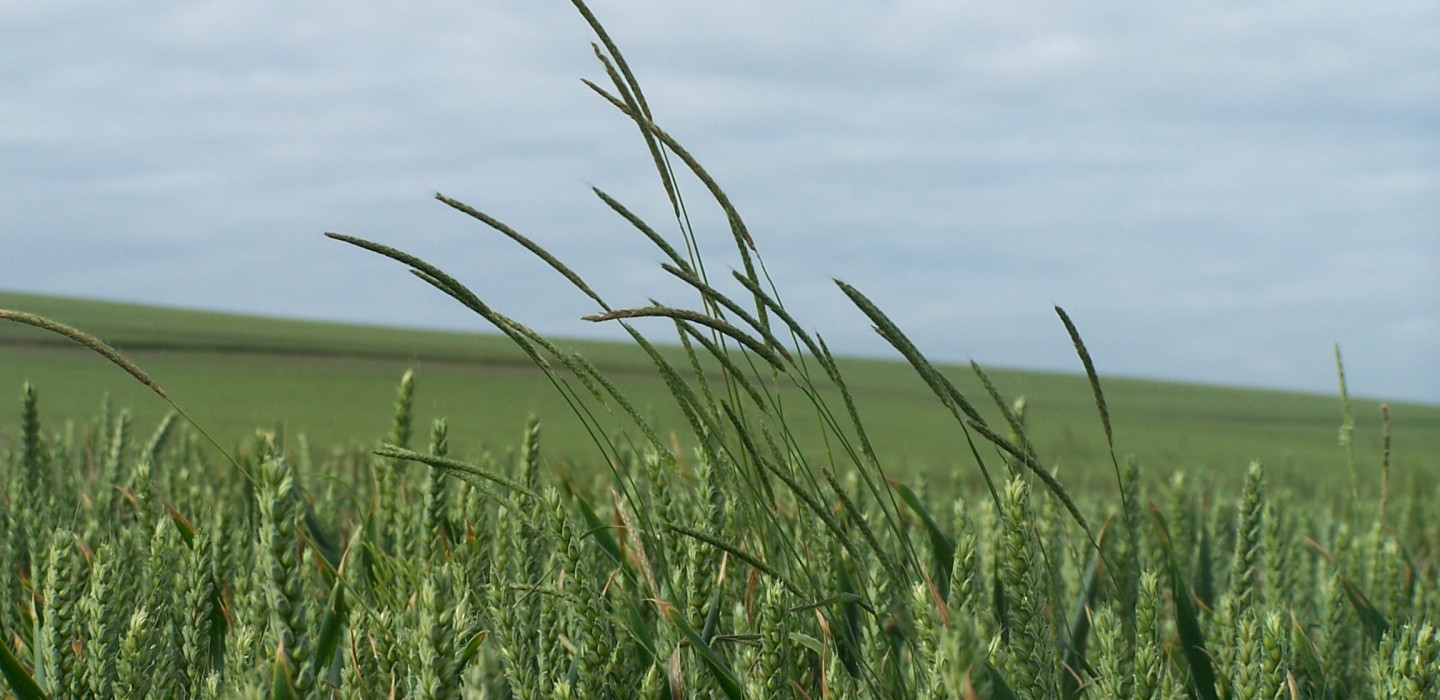
Black-grass now has a serious effect on whole farm profitability and productivity for nearly 60% of arable growers, according to results of the latest nationwide survey conducted by Syngenta.
Ranking the effects out of 10, growers rated the weeds’ effects as 9.7; with less than 2% seeing little or no impact on the farm.
Whilst the problem is continuing to get worse on 60% of farms, encouragingly 75% of farmers now believe they have the tools and measures to get back in control in the future, reported to Syngenta Marketing Communications Lead, Cat Gray.
"A quarter of all growers who completed the survey highlighted the situation has been actually getting better on their farms," she said.

"Utilising a range of integrated agronomy tools, alongside an effective herbicide strategy, appears to be paying dividends."
The survey revealed that delayed drilling and growing more spring crops were seen as the most popular agronomy changes, both adopted by nearly 90% of respondents.
However, whilst 80% of them considered spring cropping was effective or highly effective, only 23% believed delayed drilling was proving highly effective.
Increased herbicide stacking was being used by 85% of growers, with a similar number having increased seed rates to further reduce black-grass competitiveness and seed return.
Competitive hybrid barley

Some 57% of growers had grown more competitive hybrid barley in a bid to gain a greater effect.
"Ploughing was still widely used, on over 80% of farms, but less than a third saw it as effective or highly effective - with 25% believing it had limited value in the overall programme," reported Cat.
"Rogueing was less popular and also seen as of limited value, especially when compared to the burn-off of infested crop patches, which over 60% of respondents said was effective or highly effective.
"What was clearly apparent from the survey is that growers are now using a wide range of agronomy tools in developing a truly integrated approach to long-term management of black-grass," she added.
The report also highlighted that over half of growers are now using four or more herbicides in a stacked treatment programme.
Pre-emergence application timing was the most popular, applied by 96% of growers, along with 85% using post-emergence treatments. Peri-emergence herbicide treatment was least popular.
"Interestingly, whilst a high number of growers still apply post-emergence treatments, 59% of them considered the applications of little or limited value," said Cat.
"However, 86% of those using pre-emergence applications reported effective or highly effective results, and just 2% seeing limited value."
Herbicide resistant black-grass
The efficacy of post-emergence treatments possibly reflected the fact that some 94% of respondents believed they could be suffering from herbicide resistant black-grass.
However, only a quarter (28%) had populations regularly tested, with the majority reporting anecdotal reduction in herbicide efficacy.
For nearly half of farms (47%) black-grass is a problem right across the farm.
The survey also showed that most growers are now seeking to map the extent of black-grass populations on the farm, to assess the success of control strategies.
The majority is undertaken manually whilst crop walking, with around 10% of growers now using new technology, such as drones, to further increase accuracy and record keeping.
Rick Davies, who farms over 400 hectares of arable cropping near Olney in Buckinghamshire, is one of the Black-grass Beater farmers who believes they are getting on top of the weed with a fully integrated approach to herbicide use.
"As part of a whole farm approach, we have successfully used Defy pre-emergence on our very stubborn black-grass, followed-up with rogueing in the following June," said Rick.
He has also gradually moved from a plough-based system to direct drilling, with less than a third of the farm ploughed last year, and aiming to be fully min-till this autumn.
"My main objective is to be free from black-grass, which will allow us to reduce input costs - and to be in full control of drilling dates to maximise the yield potential of our wheat crops," he added.
